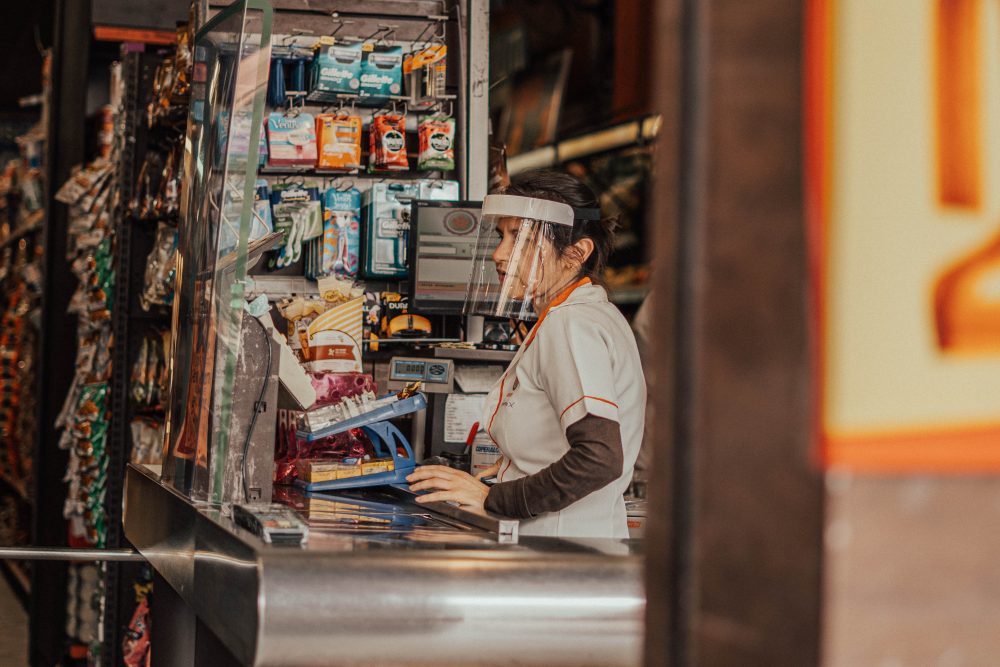
While the COVID-19 pandemic has taken millions of lives around the world, low-income migrants living in economically disadvantaged urban neighbourhoods appear to bear the brunt of it (Kapilashrami et al, 2020).
Denser population, lesser outdoor space, worse housing conditions, and more reliance on physical contact for livelihoods, etc, all seem to disadvantage the urban poor in their day-to-day struggle with the highly infectious disease.
It is also worth noting that the spread of COVID-19 and the associated public policy interventions (e.g, local and national lock-downs) may have significantly transformed the social networks of urban poor, potentially leading to even more segregated and impoverished migrant neighbourhoods, due mainly to the loss of business and employment opportunities that are more reliant on physical social interactions, especially with customers from outside of the local communities.
How to provide the low-income migrants with essential public health services and thereby enable them to survive and recover from the current Coronavirus crisis is a key issue of concern by the general public, especially from a human development and social equity point of view.
Against the backdrop mentioned above, this scoping project aims to explore, from an international comparative perspective, the changing social networks of low-income migrants as an aftermath of the COVID-19 pandemic within a selection of urban neighbourhoods sampled around the world.
Intellectually, the project builds upon Amartya Sen’s (1999) seminal writings that call for ensuring the basic needs and expanding the capabilities of the poor to archive human development in general and alleviate poverty in particular.
By putting the Coronavirus crisis into a capability perspective, the research team attempts to characterise and understand the changing social networks of low-income migrants, hoping to inform the planning and development of community-based health infrastructures that can meet the local needs, whereby enabling the poor migrants to reinstate their social connections as well as economic livelihoods in a post-COVID urban context.